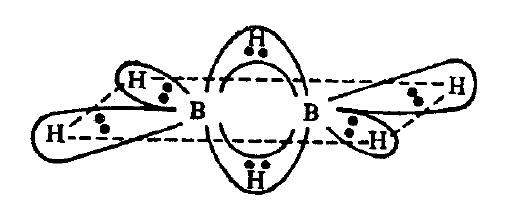Hydrogen forms 1 single bond when there is a s-s overlap which is the greatest overlap but it can also form 2 single bond where there are 2 s-p overlaps such as isbut it can also form 2 single bond where there are 2 s-p overlaps such as is
Even in compounds like $\ce{B2H6}$, H seems to make 2 bonds but it doesn't.

As you can see the two Hydrogen atoms in the centre make 2 bonds each with Boron.As you can see the two Hydrogen atoms in the centre make 2 bonds each with Boron.
The number of a bonds that hydrogen can make is dependent on the type of bonding.
It can form only a single ionic bond.
It can form two bonds when there is overlap involved (covalent bond)
It can form two bonds when there is overlap involved (covalenta single covalent bond).
If stability can be achieved it can form a lot of coordinate bonds, but due to it's small size and only a single proton I would think a max of 1 coordinated bond can be formed if we being with an ionised H-atom.
